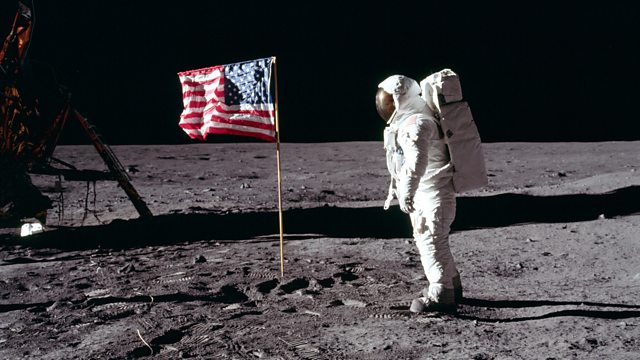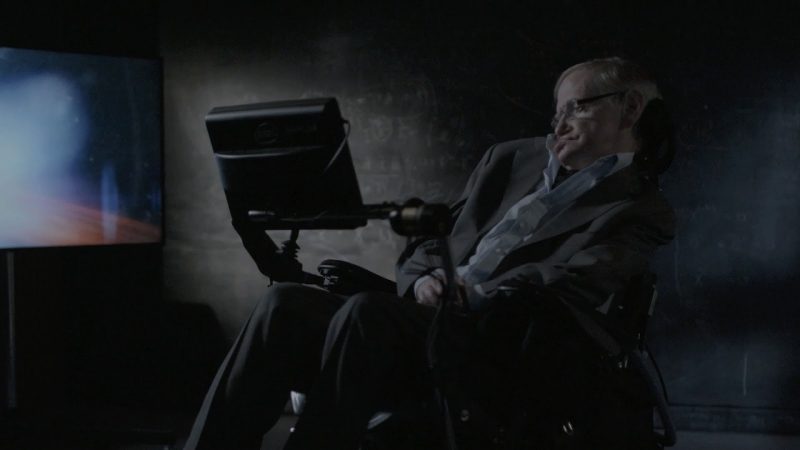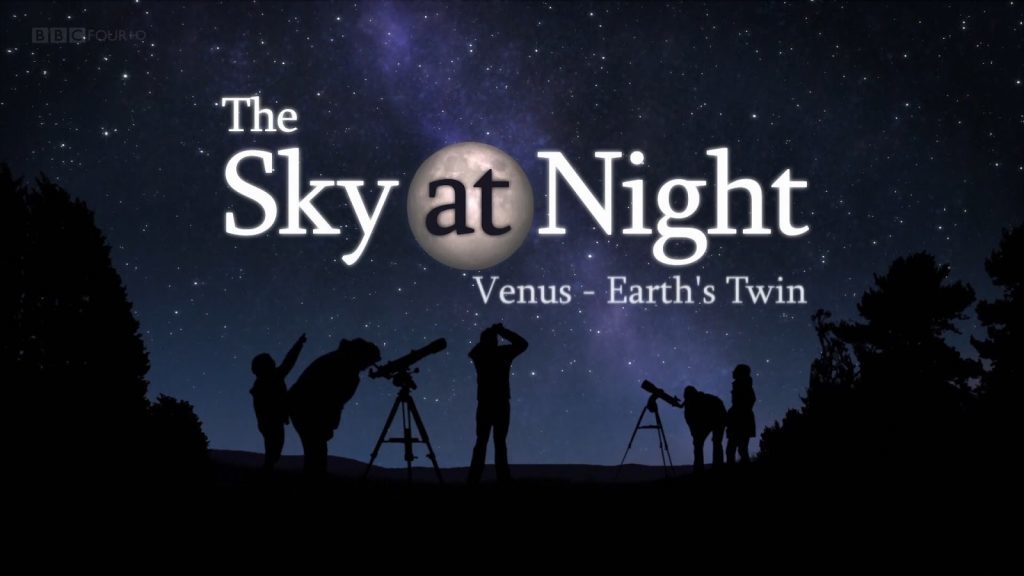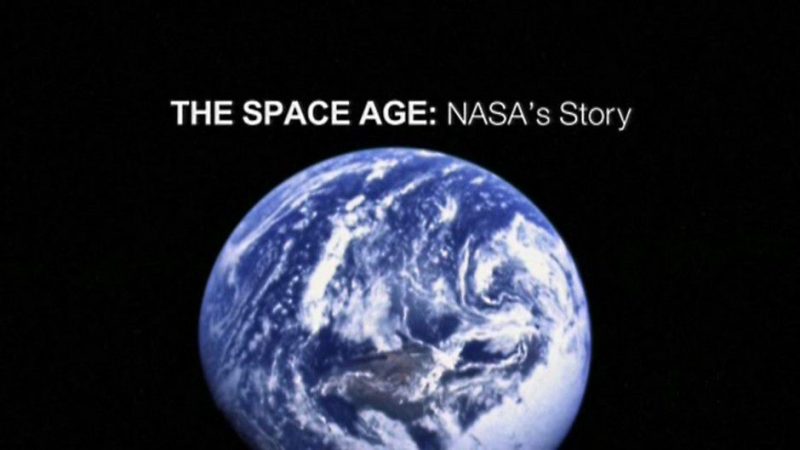Chasing the Moon episode 3: After the immediate celebration of 1968’s successful Apollo 8 mission, underlying questions about the space programme emerged with new intensity as politicised young Americans challenged the nation’s priorities. Nasa pushed brashly forward.
After the lunar orbit, competition escalated among the training astronauts. Who would be chosen for the first moon landing? In January 1969, Nasa ended months of speculation and announced the crew for Apollo 11. Buzz Aldrin and Neil Armstrong would be in the craft that landed on the moon. They would be supported by Mike Collins in the command module. As ever, the Soviet Union loomed large over the new Nasa mission, scheduling an unmanned craft to land on the moon at approximately the same time as Apollo 11.
In mid-July, 1969, crowds flooded Cocoa Beach in anticipation of the historic launch and, on 20 July 1969, the biggest television audience in world history tuned in. Audiences watched simulations and listened to audio coverage with baited breath as Armstrong delicately piloted the lunar module, only to discover the landing site was a football field-sized crater. It forced him to hover the craft and look for a new site with just 30 seconds of fuel left. Finally, audiences heard the triumphant words, ‘The Eagle has landed.’ Mission control responded, ‘You got a bunch of guys about to turn blue – we’re breathing again.’
Chasing the Moon episode 3
Viewers from around the world watched the flickering black-and-white footage from a camera placed on the module showing Armstrong gingerly stepping down its ladder. ‘OK, I’m going to step off the ladder now,’ Armstrong said. ‘That’s one small step for man, one giant leap for mankind.’ Fifteen minutes later, Aldrin followed. Transparent, ghostly images of the suited figures projected back to Earth where crowds cheered, wept and fell speechless at the awe-inspiring sight of their fellow human beings on the moon.
The mission had one remaining hurdle: the ascent stage. With only one chance to fire the lunar module’s engine to safely reach Apollo 11, tension built once more. On 24 July 1969, to the intense relief of all involved, the crew splashed down in the Pacific Ocean. Despite the public excitement leading up to and immediately after Apollo 11, interest in space vaporised with shocking rapidity. Kennedy’s challenge to the nation, to its scientists and to its pilots had been met – an American had walked on the moon before 1970. Rather than being a spark for further exploration, as von Braun had dreamed, the moon landing was the crowning jewel in the Cold War space race, commanding epic focus, resources and motivation.




